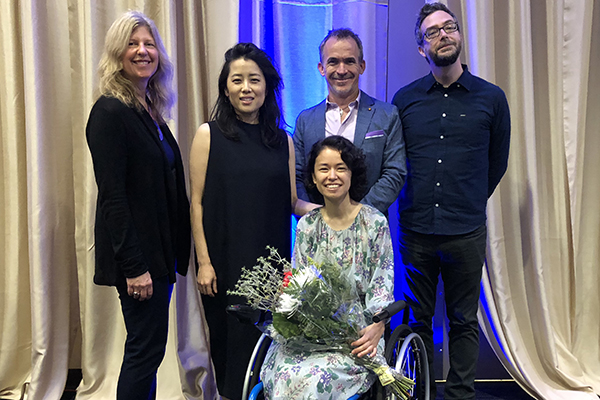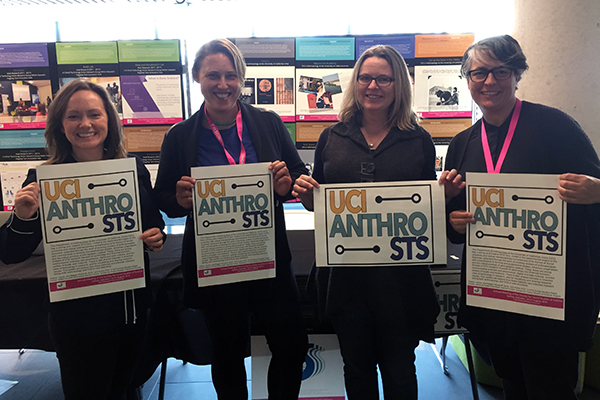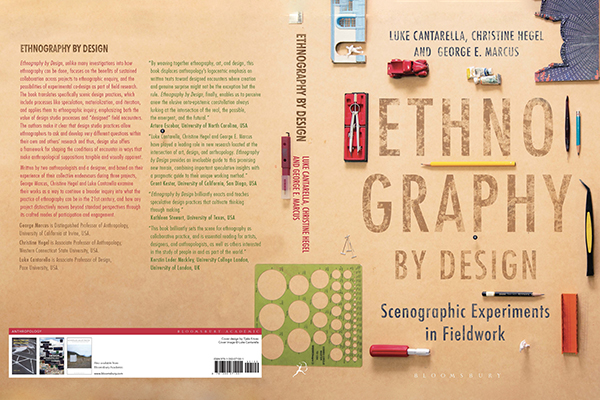The Department of Anthropology at the University of California, Irvine is at the forefront of innovation in anthropological research.
The Anthropology Department at UC Irvine was founded in 1994, making it one of the
younger programs in the University of California system. Originally specializing in
sociocultural anthropology, the department’s expertise has expanded to include linguistic
anthropology and archaeology alongside an emergent collection of innovative, boundary-crossing
research clusters. The research we do is distinctive and diverse, but what holds it
all together is a shared commitment to analyzing the social contemporary at multiple scales, and always with an eye toward justice.The Department of Anthropology
acknowledges that UCI is located on the traditional, ancestral, and unceded territory
of the Acjachemen/Juaneño and Tongva Nation.
Learn more . . .





 Undergraduate
Undergraduate
 Graduate
Graduate
 Research
Research
connect with us